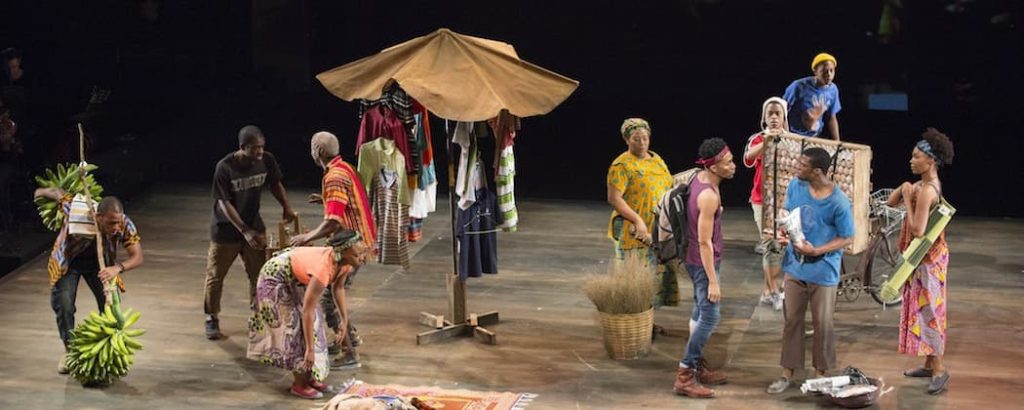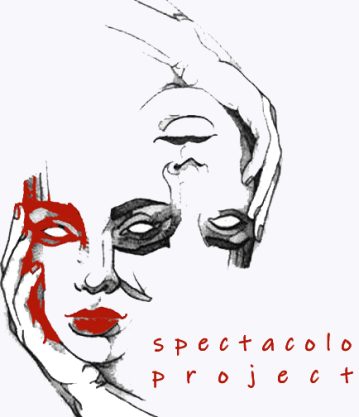Under construction

under construction

The theater scene in Uganda.
The policies of people in power have allowed them to drain off the meager resources available
for the industry have hurt theater in Uganda. Theater plays by Elvania Zirimu, Robert
Serumaga, and others from the 1960s questioned the status of intellectuals in Uganda’s newly
established nation.
Early in the 1970s, Byron Kawaddwa’s allegorical drama questioned the excesses of the harsh
Idi Amin administration. The government’s newly wealthy smuggler cronies’ buffoonery in the
late 1970s prepared the stage for the slapstick “Muzukulu wa Kabangala” comedy. Creatives
were cautious to stay away from politics in the 1980s due to the increasingly oppressive political
climate in favor of the secure environment provided by social commentary.
Midway through the 1980s, Yoweri Museveni’s National Resistance Army began to grow.
With the rise of Yoweri Museveni’s NRA in the middle of the 1980s, the revolutionary political
theater of Alex Mukulu and the aspirational theater of refugees who were returning, like the
Ebonies and Black Pearls Theater, were tolerated. During the same time period, social themes
including HIV, malaria, fighting poverty, and malnutrition emerged as major topics covered in
theater shows supported by NGOs. Sadly, this pushed commercial theater to the sidelines.
Instead of paying admission at conventional venues, people could now watch Uganda’s theater
stars for free at community gatherings under mango trees.
But by the early 2000s, stand-up comedy and sketch theater, such as that performed by the
Amarula Family and Theatre, had replaced theater in playhouses and gone into bars and
lounges.
The theater scene now
Despite all the Drama and Theater graduates leaving universities every year, the early 2000s
tendency is still prevalent twenty years later. Comedy is inexpensive to create, which makes it
popular in bars around the nation that stage sketch and stand-up comedy nights. The National
Theatre and Theatre Labonita are the only two playhouses left in the capital, Kampala, where
hundreds of registered theater groups belonged to the Uganda Theatre Groups and Artists
Association (UTGA) in the mid-1990s. Any theaters that were lucky enough to continue serving
as social venues, such as Bakayimbira Dramactors’ Pride Theatre, were converted into
Pentecostal churches.
Unfortunately, the audience’s attention span has shrunk significantly, which is bad news for
producers and playwrights today. The fact that the typical entertainment consumer of today is
also a digital content creator accustomed to publishing brief films makes the situation even more
difficult. Performances with drawn-out plots and deeper meanings that develop subtly over time
appear to be a thing of the past.
The modern audience prefers stories that unravel rapidly and action clips that may be posted to
digital networks. And because of this excitement, people attend the performances of the
performers who perform on these platforms. Theater must find a means to go onto digital
platforms alongside society without losing its identity as an intimate and transformative art form
if it is to continue to be relevant in influencing social experience.



